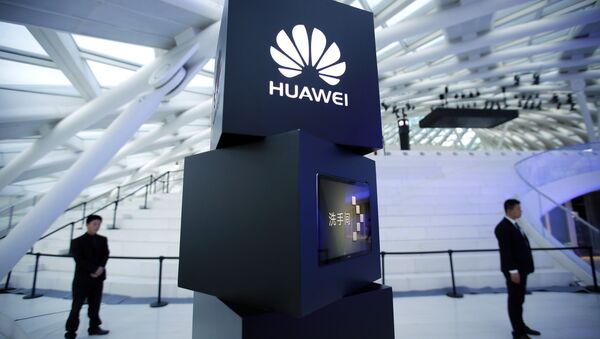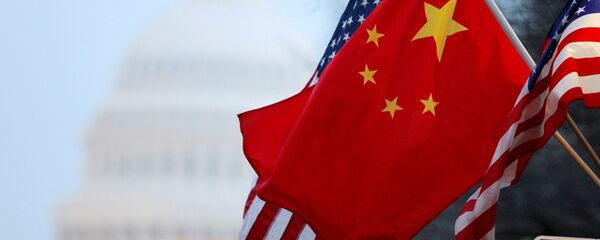During much-touted testimony before the Senate Intelligence Committee (SIC) on Tuesday, the leaders of the US intelligence agencies warned against the purchase of Huawei and ZTE phones. "We're deeply concerned about the risks of allowing any company or entity that is beholden to foreign governments that don't share our values to gain positions of power inside our telecommunications networks," FBI Director Chris Wray told the SIC.
"That provides the capacity to exert pressure or control over our telecommunications infrastructure. It provides the capacity to maliciously modify or steal information. And it provides the capacity to conduct undetected espionage," he continued.
Huawei raged against the US government and cell phone market for what it considers unfair practices that excludes Huawei from American markets and deprives consumers of choices. "Huawei is aware of a range of US government activities seemingly aimed at inhibiting Huawei's business in the US market," the company wrote in a statement after the testimony.
"Huawei is trusted by governments and customers in 170 countries worldwide and poses no greater cybersecurity risk than any ICT vendor, sharing as we do common global supply chains and production capabilities."
ZTE's statement on the charges took a more conciliatory tone. "As a publicly traded company, we are committed to adhering to all applicable laws and regulations of the United States, work with carriers to pass strict testing protocols and adhere to the highest business standards," a ZTE spokesperson said.
Huawei and ZTE are two of China's largest smartphone manufacturers, particularly the former, which is the third-largest in the world after Samsung and Apple.
Both companies have made strides to enter US markets recently. Huawei attempted to enter a partnership with AT&T to sell Huawei phones, but the deal fell through in January.
The allegations against ZTE and especially Huawei are nothing new. In 2010, several US congressmen opposed Huawei's expansion in Western markets on the grounds that their tech might be used for Chinese cyber-espionage.
In 2012, the House Intelligence Committee named Huawei and ZTE threats to national security, much the same story as the recent testimony. Allowing the Chinese companies to freely sell their products in American markets, the HIC claimed, could allow Beijing to interfere with communications and launch cyberattacks against critical infrastructure like dams and the power grid.
Similar allegations have been brought against Huawei by Australia, Canada, India and the UK. ZTE, a smaller company, has flown more under the radar until now.







